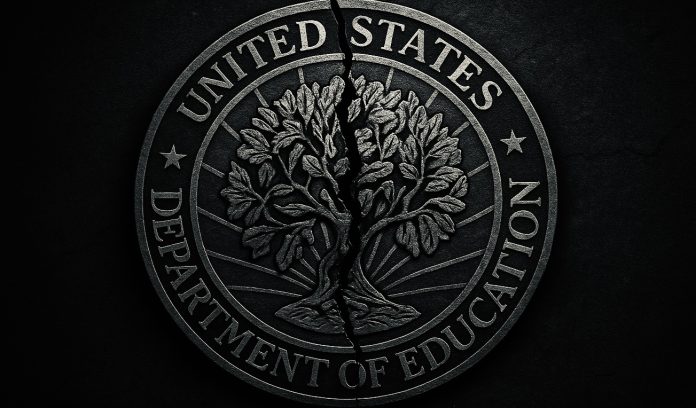Seattle, WA – Computer networking certificate programs, including CCNA preparation, routing and switching fundamentals, and entry-level network technician training, are preparing for major federal funding changes beginning in 2026. These programs, often delivered through career colleges and workforce tech academies, fall directly under strengthened federal rules governing certificate-level education.
According to federal guidance, networking certificate programs that are unaccredited, non-credit, or below 150 instructional hours cannot receive Title IV financial aid. Programs between 150 and 600 hours must now meet Workforce Pell requirements, including a 70% completion rate, 70% job placement rate, and tuition that does not exceed graduates’ verified value-added earnings three years after training.
Beginning July 1, 2026, networking certificate programs must also pass the federal “low earnings outcomes” test. Under this rule, programs lose access to Direct Loans if their graduates earn the same or less than adults with only a high school diploma for two of three measured years. While networking careers can lead to strong wages, entry-level roles—such as junior network technicians or cable installers—often begin near entry-level IT pay ranges, making compliance uncertain for some schools.
Training providers warn that restricted aid could reduce enrollment pipelines during a nationwide shortage of qualified networking professionals.




